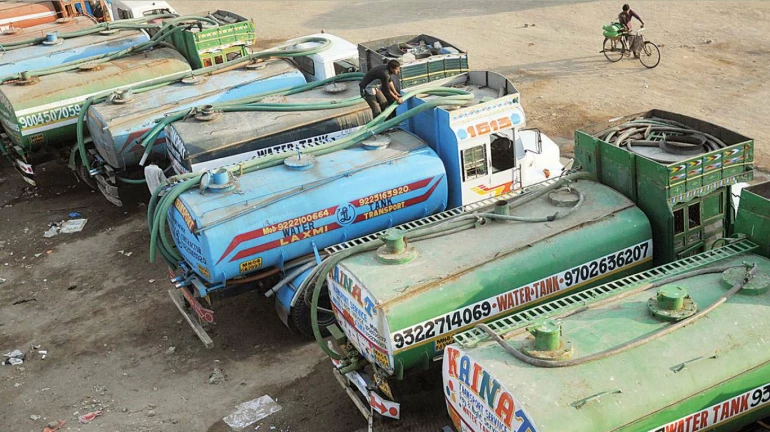
The Mumbai Water Tankers Association (MWTA) ended its strike on Monday, April 14. Water tanker services resumed in the evening, giving relief to people across the city. The strike had started on April 10 against the Central Ground Water Authority (CGWA) 2020 rules.
On Sunday, April 13, the Brihanmumbai Municipal Corporation (BMC) took control of all private tankers and borewells. This was done under the Disaster Management Act of 2005. The next day, the MWTA decided to end the strike.
As per reports, BMC Commissioner Bhushan Gagrani gave several assurances to the MWTA. He said BMC would help well owners talk to the Government of India. He also promised help in getting the No Objection Certificate (NOC) from CGWA.
Gagrani said there were two types of notices. One asked well owners to stop work without an NOC. That notice has been withdrawn. The other notice asked owners to get the NOC. That rule is still in place but has been put on hold until June 15.
Gagrani said all drivers, cleaners, and tankers were ready. Full services would start again from Tuesday morning. Mumbai needs 4,200 million litres of water daily. The BMC supplies around 3,850 million litres.
The city has around 1,800 to 2,000 tankers. These tankers supply nearly 300 million litres of water every day. They serve slums, buildings, railways, government offices, hospitals, and construction sites.
As per reports, MWTA’s concerns still remain. They have claimed that it is not possible to follow all CGWA rules. Mumbai does not have space for 200 square metres of land around each well, and things like flow meters are also not practical.
Sources suggest that BMC has promised to appoint someone to speak for MWTA to both state and central governments. In the meantime, the MWTA will apply for NOCs. There will be a single-window system for this.





